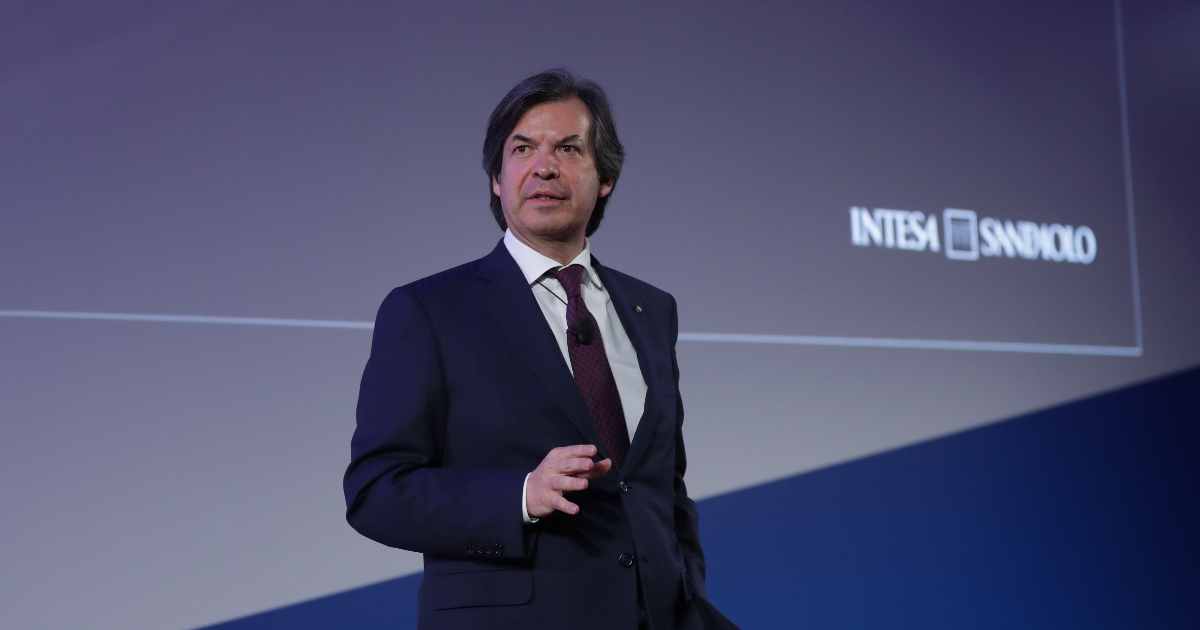The death of a cell…
Two seemingly different areas of research have long been studied: how certain bacteria colonize our intestinal tracts and how our own cells die. But is there a connection between the two processes? That’s what Dr. Christopher Anderson and his colleagues in Prof. Ravichandran’s team focused on.
If dying cells secrete substances that can be recognized by healthy neighboring cells, what prevents other organisms, such as gut bacteria, from recognizing these substances?
Prof. dr. Kodi Ravichandran (VIB-UGent Center for Inflammation Research), says: “We have known for decades that cell death can indirectly influence bacterial infections by altering the body’s immune response. In our lab we also study how dying cells communicate with their neighbors In this study, we establish a link between both focus fields.”
From research in cells from healthy mouse guts, the scientists found that intestinal epithelial cells actively produce and expel certain molecules when they die. Gut bacteria such as Salmonella and E. coli can directly observe and use these molecules.
…is another’s DINNR
The researchers showed that this relationship between dying cells and gut bacteria, which they call ‘death-induced nutrient release’ (DINNR), occurs in various diseases. Gut bacteria can use molecules from dying cells to gain a foothold during food poisoning, inflammatory conditions (such as inflammatory bowel disease (IBD) or Crohn’s disease), and chemotherapy-induced mucositis (inflammation of the mucous membranes). The latter is one of the main side effects in cancer patients undergoing chemotherapy, and it can reduce the effectiveness of the treatment. In addition, cancer patients receiving chemotherapy have a significantly greater risk of developing additional infections.
Important new insights into chemotherapy-related infections
“This relationship between chemotherapy and bacterial infections was particularly interesting to us,” said Dr. Christopher Anderson, who led the study. “Unlike foodborne infections or flare-ups of IBD or Crohn’s disease, where a patient doesn’t know when they’re going to be ‘attacked’, doctors know exactly when they’re administering chemotherapy to cancer patients. This means we have a therapeutic window where we can try to develop some kind of combination therapy to limit some of this fuel for bacteria.”
The researchers also found that limiting the release of nutrients from dying cells could protect animals from infection. It was not necessary to stop the cell death process itself. According to Anderson, this could have major implications for the development of future therapies.
“What’s very exciting is that we don’t have to cheat death itself to see some protection. We don’t have to look for the Holy Grail. If we can modify or limit some of the nutrients released during cell death, we can improve patient care. As with any fundamental research, there is more work to be done, but this may allow us to develop future therapies.”
Publication
Anderson et al. (2021). Microbes exploit death induced nutrient release by gut epithelial cells. Nature.
Financing
Het Ravichandra-lab krijgt steun van FWO, Special Research Fund UGent, de European Research Council, NHLBI, NIGMS & the Center for Cell Clearance/University of Virginia School of Medicine.
The Vandenabeele lab receives support from FWO & Foundation against Cancer.
The Vereecke lab receives support from the Foundation against cancer and UGent.
The van-Loo lab receives support from the Foundation against Cancer & FWO.
CJ Anderson & Parul Mehrotra is supported by an FWO Postdoctoral Fellowship; Chris Medina & Brady via an NIH T32 Pharmacology Training Grant, and Tania Løve Aaes via a UGent BOF grant.
Info
Prof. Kodi Ravichandran (VIB-UGent)
Department of Biomedical Molecular Biology
[email protected]
– .


/cloudfront-us-east-1.images.arcpublishing.com/dmn/YFLNJNVRQNGV7NUTE75BFEHDAA.jpg)